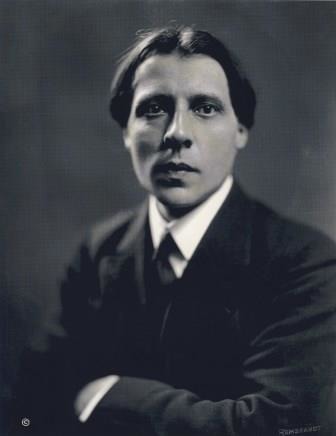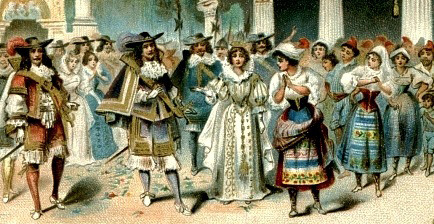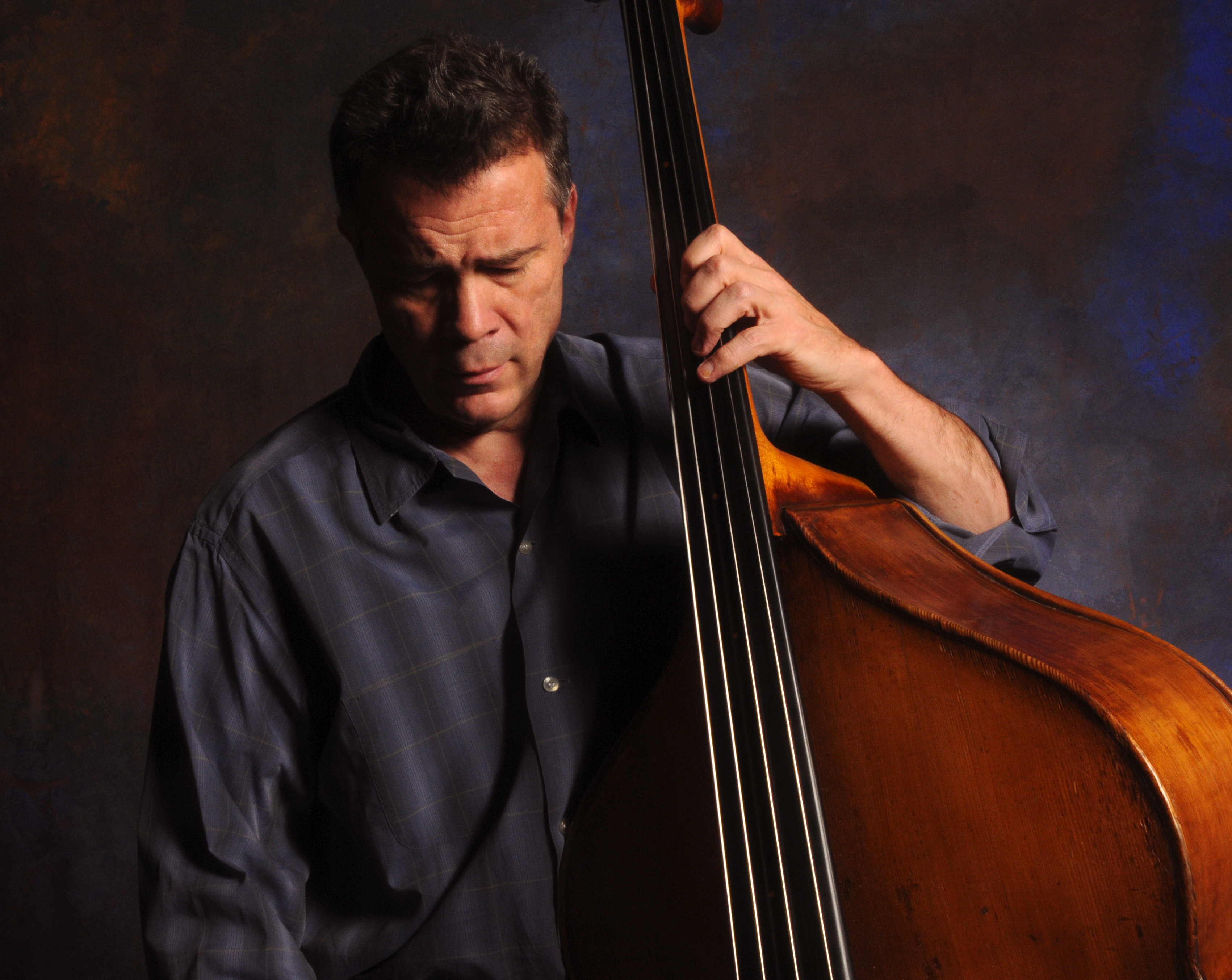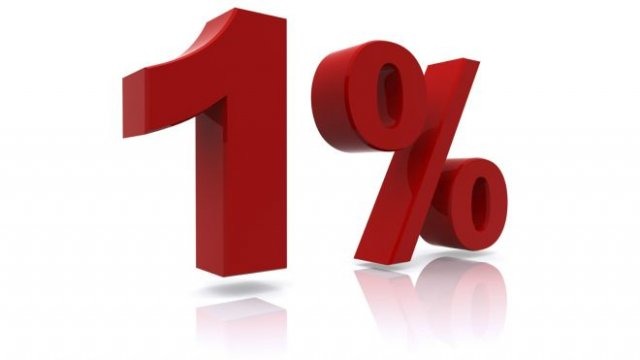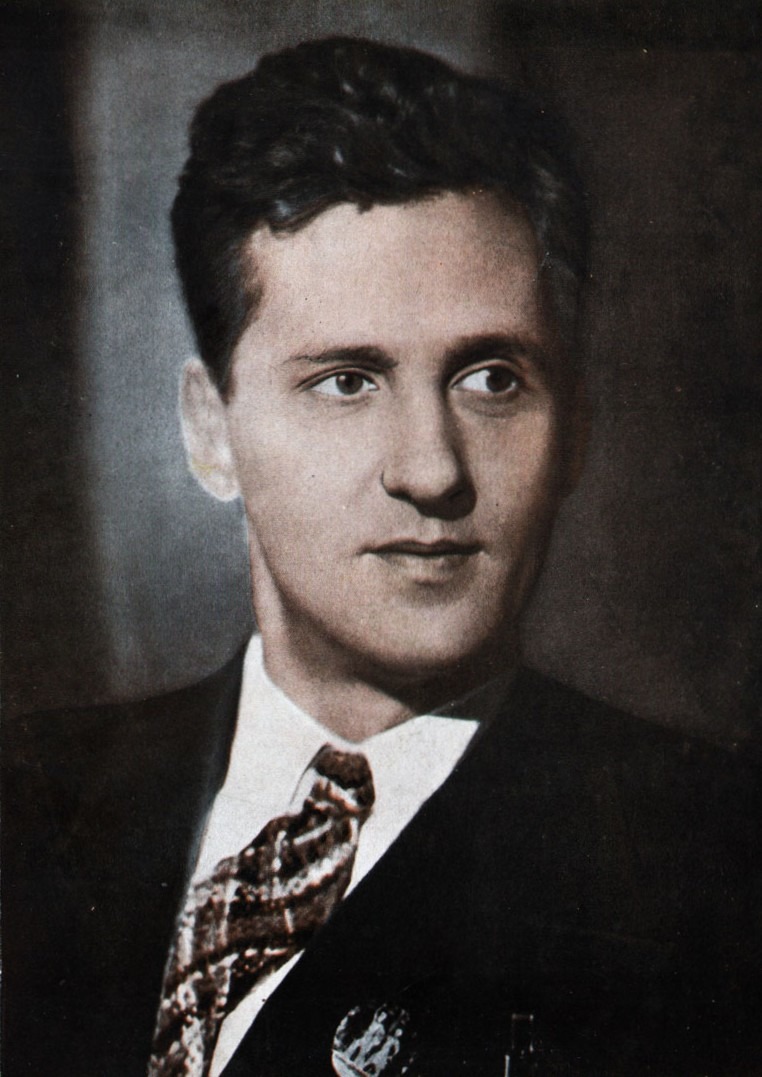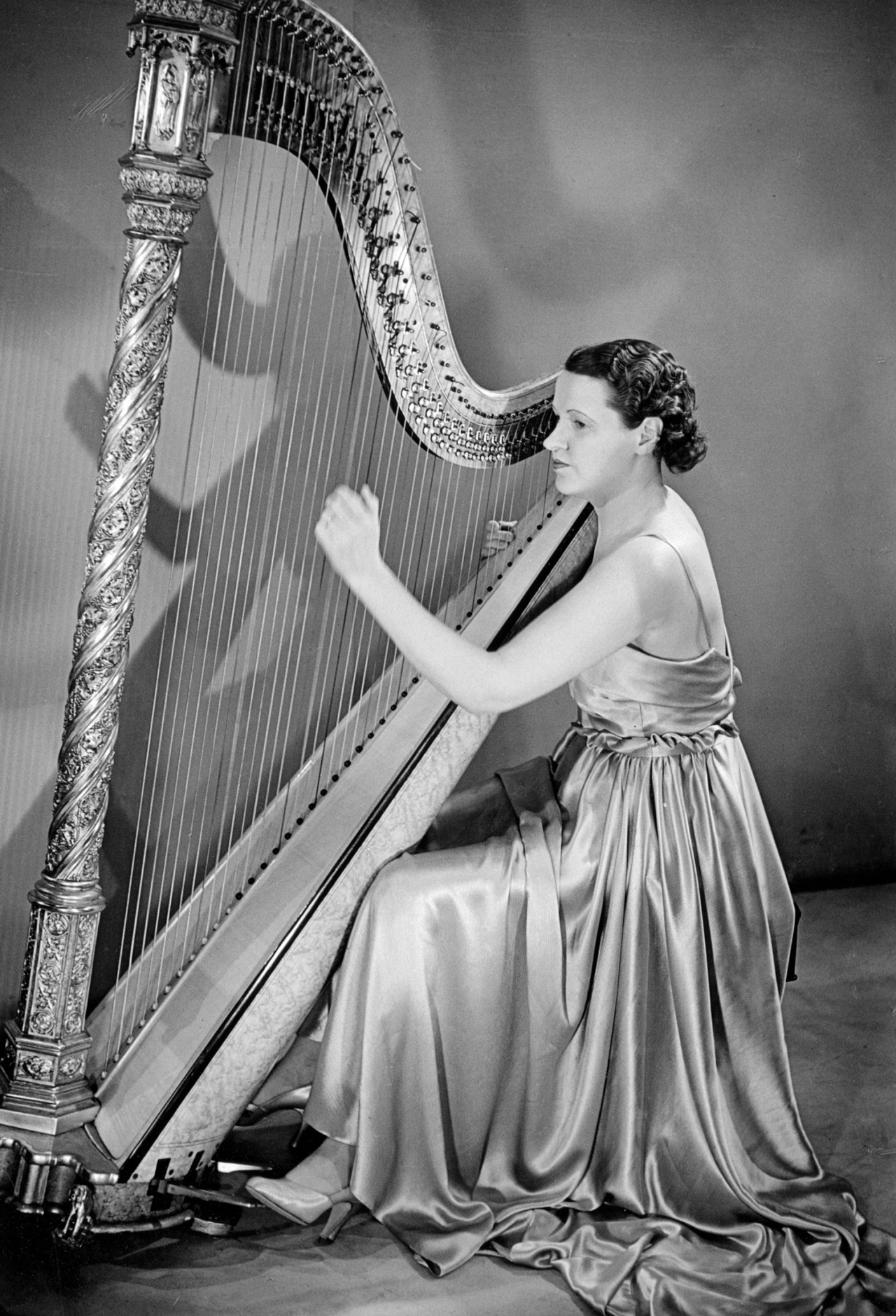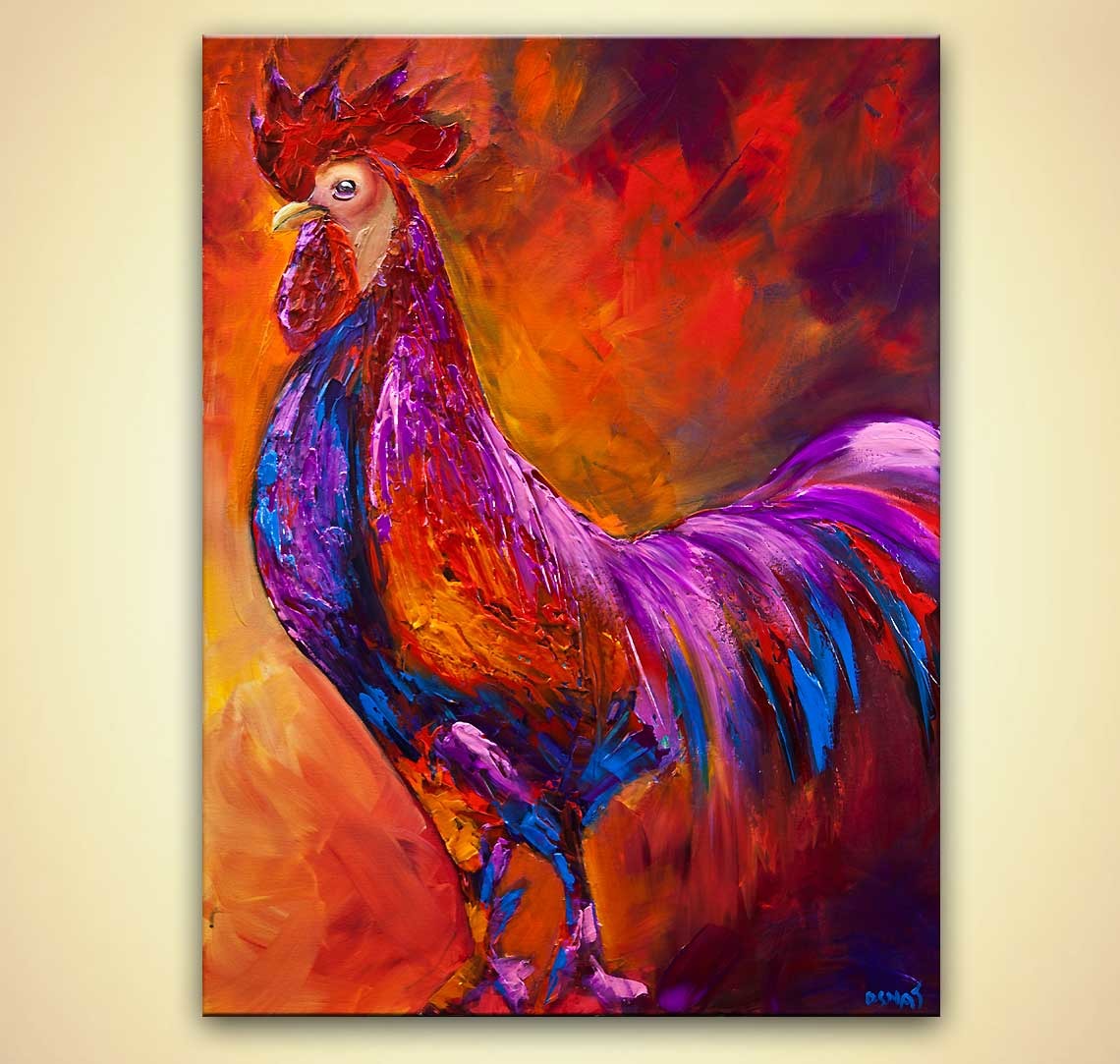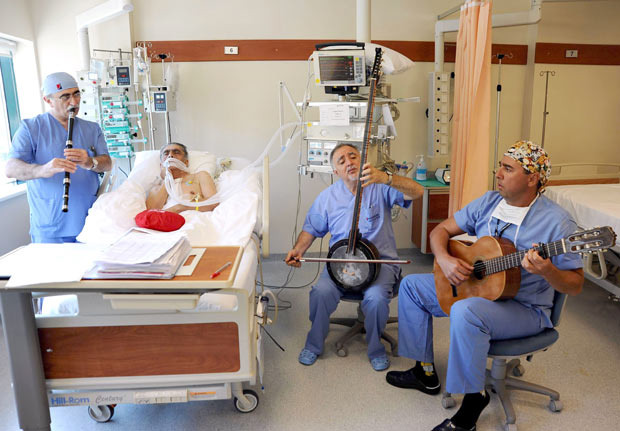Swiss pianist Alfred Cortot (1877¬-1962) began his piano study at the Paris Conservatoire at age 9, taking the premier prix in 1896. He started his concert career in 1897. His love for the music of Wagner led him to Bayreuth,
Articles
The Théâtre de la Monnaie in Brussels hosted a rather special performance on 25 August 1830. William I, Prince of Orange and King of the Netherlands and Grand Duke of Luxembourg was celebrating the 15th year of his reign, and
“Classical Crossover” is a relatively new term in music meant to describe musicians who are proficient in classical music but who also perform in other styles and genres. In the baroque and classical era improvisational skills were expected of a
“Marginal Gain Learning” (MGL) is a training concept employed by the British cycling team which has reaped brilliant rewards, as their success in both the London and Rio Olympics has demonstrated. The concept was developed by the team’s coach Dave
Vladimir Sofronitsky (1901-1961) was a Russian pianist who made his name not playing the classical and romantic composers but in his performances of the works of Alexander Scriabin (1872-1915), his wife’s late father. Born in St. Petersburg, he studied at
Three legendary 20th century harpists stand out. British harpist Sidonie Goossens’s remarkable career extended just short of seven decades. A member of the BBC Symphony Orchestra from its founding in 1930 until 1980, she was known for her brilliant playing
In the ancient system of Chinese astrology, the Lord Buddha summoned all the animals to wish him goodbye before he departed from Earth. Alas, only twelve animals came to bid him farewell. So he rewarded them by naming a year
Did you ever wonder why the Chinese character for Music (“樂”) shares the exact same character for happiness (“樂”), and why the Chinese character for medicine (“藥”) is simply the same character with the symbol for plants placed on top?

